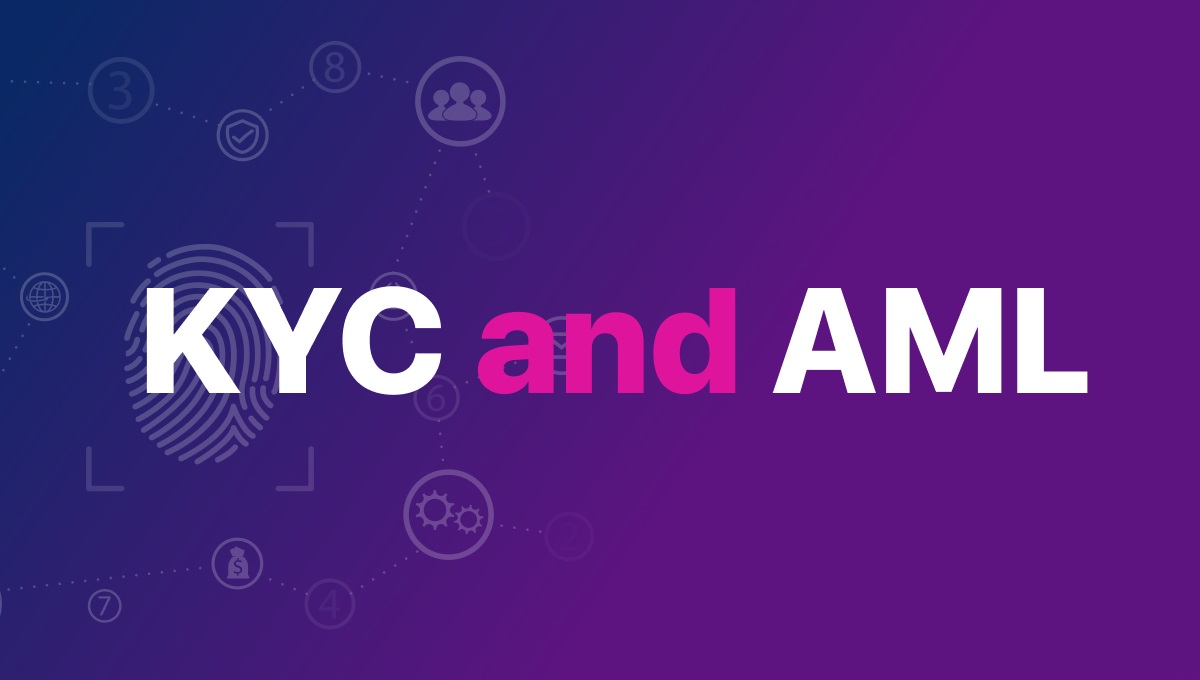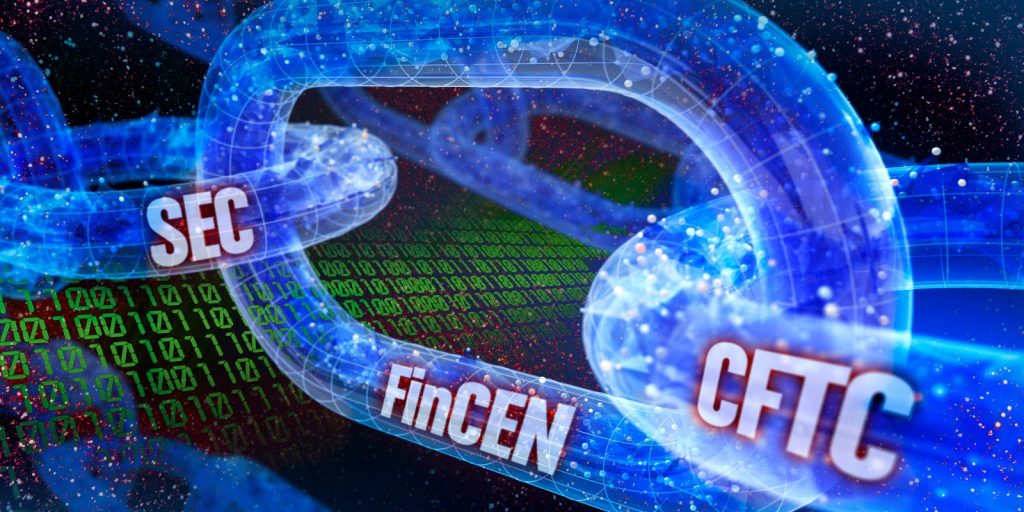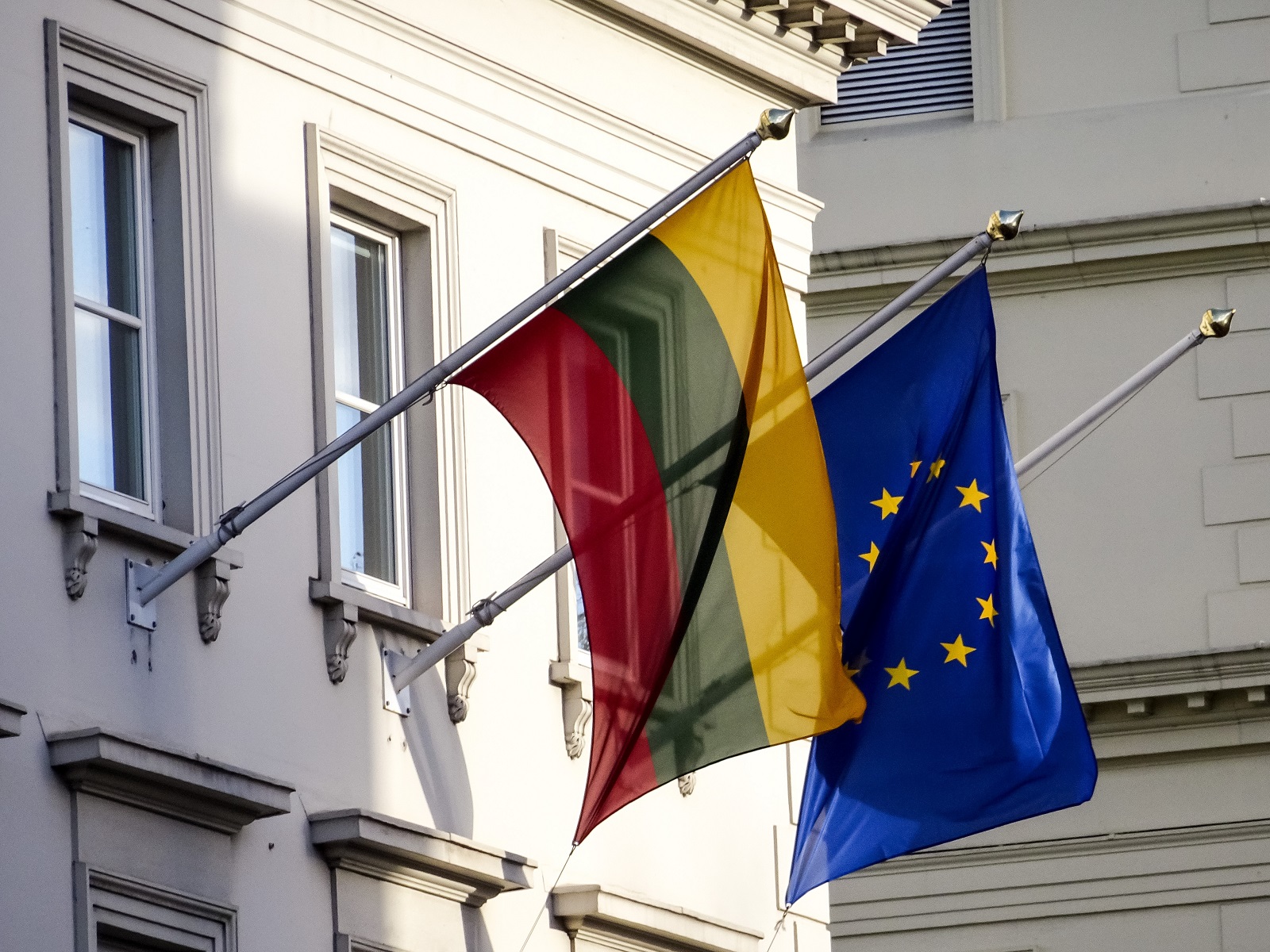Lithuania crypto regulation 
In the modern era, cryptocurrencies have changed the financial landscape. And every day, more and more individuals show interest in cryptocurrency activities as well as taking part in them. Despite having only one notion, the cryptocurrency itself integrated two disparate fields. The first is technology, which virtually all governments are showing an increased interest in. However, this is also where one of the biggest conflicts exists with the second sector, which is the economy. The community surrounding Lithuania crypto regulation is often free, supports freedom, and has a mediocre relationship with money. But various nations have different perspectives on the economic aspects of cryptocurrencies.
Features of Lithuania crypto regulation

The usage of KYC and AML by cryptocurrency platforms is required to safeguard users from hackers and to stop financial crimes. Identity data (PII) should be subject to a stringent degree of protection in compliance with relevant laws and personal data protection since confidentiality is a human right. Users of cryptocurrencies have the right to access exchanges with a system of funds insurance and protection for their funds. In order to maintain a stable and unrestricted trading environment, markets must maintain a high degree of liquidity. Innovation and regulation do not have to conflict. Users of cryptocurrencies should have safe access to cutting-edge technology like NFT, Steablecoins, Stealing, and lucrative farming.
KYC as a part of Lithuania cryptocurrency regulation
Typically, the KYC procedure happens concurrently with the client’s registration. But updating your personal information will also need you to re-identify. The general idea behind KYC is that the more information a person provides, the better their level of trust will be, which will open up additional services and capabilities. Accounts that don’t pass verification often have the following restrictions: no margin trading, lowered deposit and withdrawal limits, high commission makers/takers, no access to the P2P market, and no bank card withdrawal options.
Cryptocurrency regulators SEC and FinCEN

The KYC process, which sets the fundamental financial parameters for the cryptocurrency marketplaces, is heavily influenced by the US authorities SEC and FinCEN. Additionally, they penalize cryptocurrency exchanges who do not follow the KYC process.
Principal duties of Lithuania cryptocurrency regulation
Carry out and record the legalization risk assessment in their operations. Create an internal control mechanism to stop legalization based on the likelihood that it will occur. Review and update the risk assessment often, and evaluate and enhance the effectiveness of the internal control architecture. Assign officials the task of preventing the legalization of employees and provide them the information they need to do so. To conduct routine client research, supervision of the client’s transactions and activities, and updating client business and personal activity information. Respect the prohibition on dealing with shell banks. If the Service for the Prevention of Legalization of Criminal Funds (Control Service) asks for information, immediately report any irregular or suspicious transactions. Avoid making unusual purchases, and notify the Control Service right once if you do, the Control Service’s order to freeze the money.
